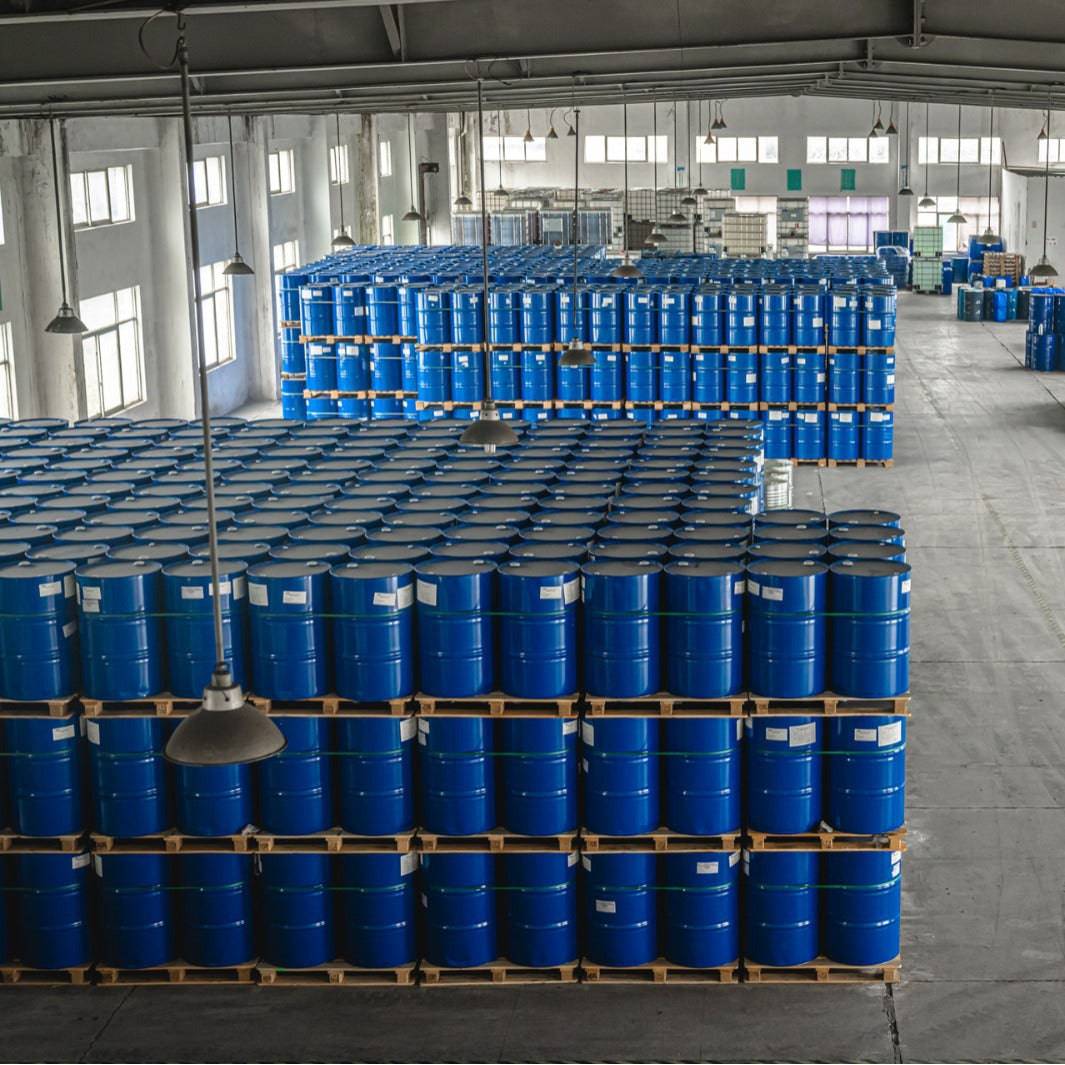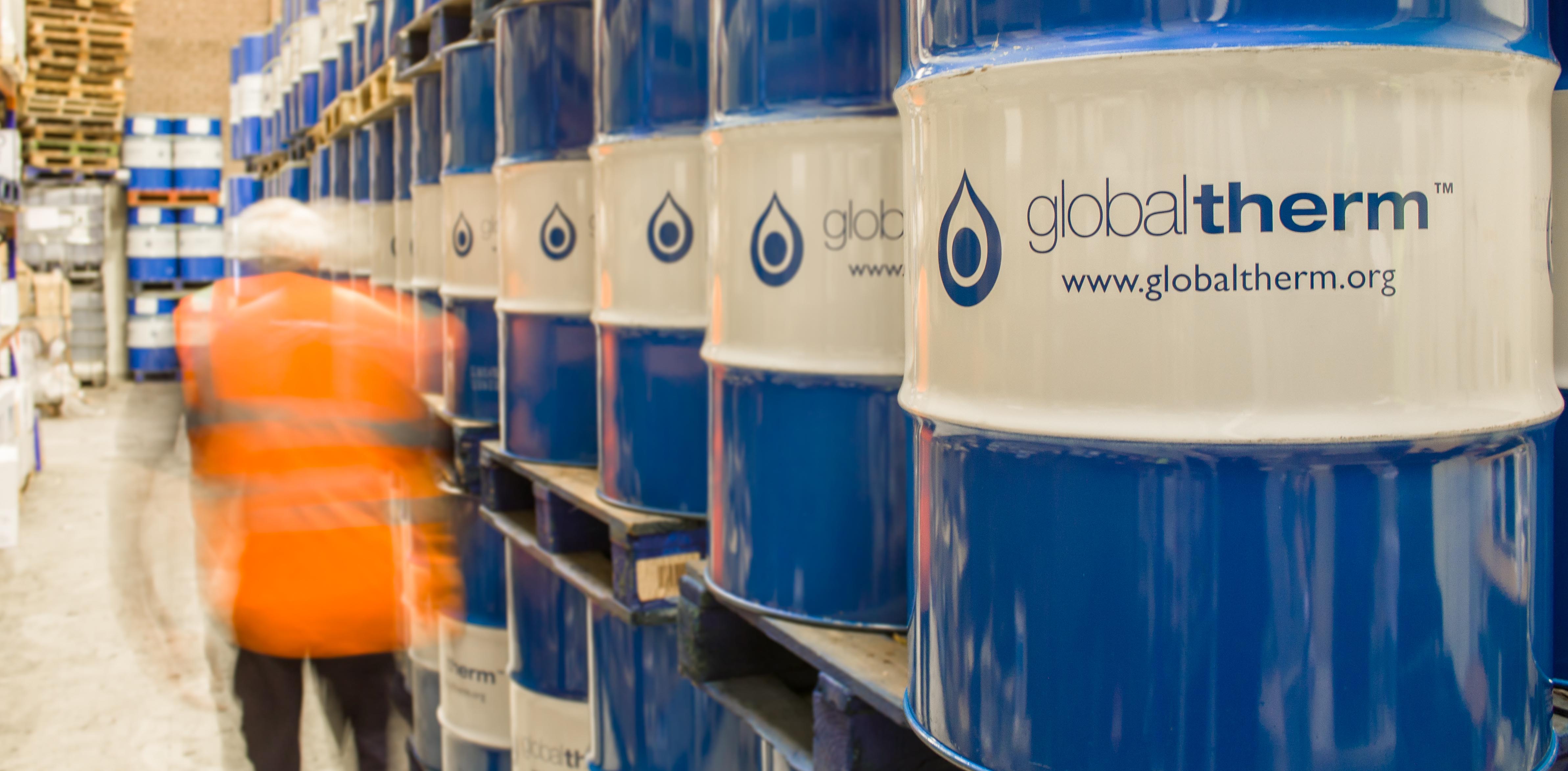Heat Transfer Fluid: Vital for Optimizing Industrial Heating and Cooling Systems
Heat Transfer Fluid: Vital for Optimizing Industrial Heating and Cooling Systems
Blog Article
How Warmth Transfer Fluid Contributes to Sustainable and Affordable Operations
In the modern industrial landscape, the function of heat transfer liquids (HTFs) in advertising lasting and affordable operations can not be overemphasized. These fluids are crucial in enhancing thermal management systems, therefore substantially enhancing power effectiveness and reducing functional costs. The ecological benefits of innovative HTFs, with their high thermal stability and reduced toxicity, are indisputable. They not just prolong system durability but additionally add to the decrease of damaging exhausts. The true possibility of HTFs is understood with the precise option procedure, making sure compatibility and safety. But what variables should lead this important choice?
Understanding Heat Transfer Liquids
In the world of thermal management, warmth transfer fluids (HTFs) offer as essential representatives for transferring thermal energy from one area to another. These liquids play a crucial function in different industrial applications, consisting of chemical processing, power generation, and Cooling and heating systems.
The composition of warmth transfer fluids can vary dramatically, including alternatives such as mineral oils, artificial oils, glycols, and molten salts. Each type provides unique benefits, such as boosted thermal security, reduced viscosity, and high boiling points, which are picked based on particular functional requirements. The choice of HTF impacts not just the performance of warmth transfer but additionally the longevity and security of the system in which it is utilized.
As markets continue to innovate, the advancement of sophisticated HTFs, identified by their enhanced thermal conductivity and reduced environmental influence, is important for fulfilling the demands of modern-day thermal management challenges.

Enhancing Power Effectiveness

Improving power efficiency has actually become an extremely important issue across various industries, motivating a closer assessment of warm transfer fluids' duty in maximizing thermal management systems. These fluids are important to keeping the wanted temperature level in procedures, thereby decreasing power waste and improving total system efficiency. By choosing a proper warmth transfer fluid, sectors can substantially improve their power performance, bring about minimized power usage.

Advanced formulas of warm transfer liquids have actually been developed to hold up against severe temperature levels while keeping stability and efficiency. Enhancing energy efficiency via optimal warmth transfer liquid selection is not just a visit this page technical need but additionally an ecological necessary.
Lowering Functional Prices
Functional prices are a substantial factor to consider for sectors seeking to preserve competitive benefit, and the selection of warmth transfer fluid plays an important role in expense management. Picking an appropriate warm transfer fluid can lead to significant cost savings by enhancing system effectiveness and decreasing power usage. High-performance liquids decrease thermal destruction, which subsequently decreases the frequency of liquid substitute and downtime related to upkeep, therefore lowering functional expenses.
Additionally, warmth transfer liquids with exceptional thermal stability and deterioration resistance extend the life-span of tools. This lowers the need for constant repair work and replacements, which can be pricey and disruptive to operations. By purchasing high-grade liquids, industries can attain long-lasting decreases in maintenance prices and enhance the integrity of their systems.
In addition, advanced heat transfer fluids frequently exhibit reduced viscosity at operating temperatures, which boosts pump performance and minimizes power usage in fluid circulation. This optimization of power usage directly converts into decreased operational costs. Numerous modern-day warm transfer fluids are engineered to operate efficiently over a wide temperature range, lowering the requirement for several liquid kinds, consequently enhancing supply demands and decreasing linked prices. These elements jointly add to even more lasting and affordable procedures.
Environmental Impact Reduction
The press in the direction of decreasing ecological influence has actually obtained energy in industries leveraging heat transfer liquids. Warm transfer liquids (HTFs) play a crucial function in this shift, using chances to improve power efficiency and reduce discharges - heat transfer fluid.
Furthermore, the use of innovative heat transfer fluids contributes to enhanced system efficiency, decreasing the total energy consumption. This reduction not just causes cost savings but additionally decreases carbon dioxide emissions, aiding in the battle against environment modification. Liquids that are eco-friendly and recyclable additionally boost sustainability efforts, as they lessen waste and advertise circular economic climate practices.
Furthermore, integrating HTFs into closed-loop systems protects against fluid loss and contamination of the surrounding environment. This strategy guarantees that fluids are recycled, reducing the need for brand-new resources and limiting waste generation. By welcoming these his response eco mindful approaches, markets can significantly lessen their ecological effect while keeping address high functional effectiveness, straightening with international sustainability goals and regulatory demands.
Picking the Right HTF
Selecting the suitable heat transfer liquid (HTF) is a crucial step in advancing ecological sustainability within commercial processes - heat transfer fluid. An excellent HTF needs to have a high thermal ability, reduced viscosity, and high thermal conductivity to ensure efficient heat transfer.
This guarantees longevity and minimizes maintenance prices. The liquid must be non-toxic and naturally degradable, decreasing its eco-friendly impact and ensuring compliance with ecological laws.
Final Thought

Report this page